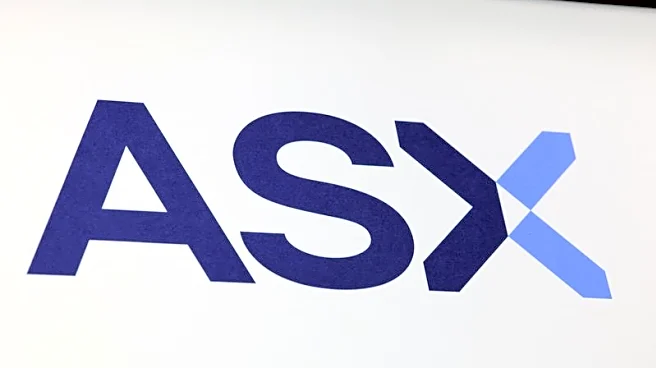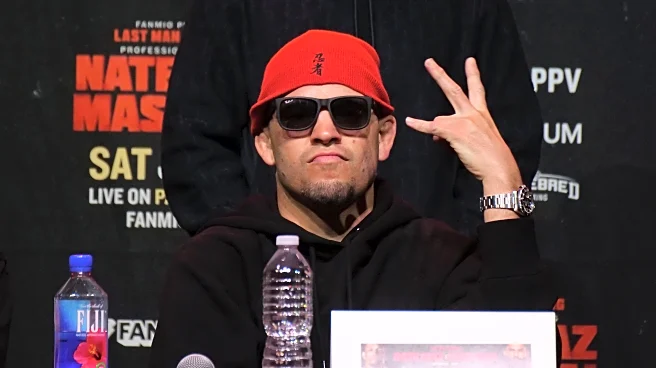What is the story about?
What's Happening?
Charlie Javice, founder of the fintech startup Frank, has been sentenced to over seven years in prison for defrauding JPMorgan Chase out of $175 million. Javice exaggerated the number of customers her company served, claiming it had over 4 million when it had fewer than 300,000. The fraud was discovered after JPMorgan acquired Frank in 2021. Javice was convicted of conspiracy, bank fraud, and wire fraud charges. Despite her lawyer's argument for leniency, the judge criticized JPMorgan for inadequate due diligence but emphasized that Javice's conduct was the focus of the punishment.
Why It's Important?
This case highlights the risks and challenges faced by major financial institutions when acquiring startups, emphasizing the importance of thorough due diligence. The sentencing of Javice serves as a cautionary tale for tech entrepreneurs and investors, illustrating the severe consequences of fraudulent practices. It also draws parallels to other high-profile fraud cases in the tech industry, such as the Theranos scandal, underscoring a trend of misrepresentation among startup founders. The outcome may influence future investment strategies and regulatory scrutiny in the fintech sector.
What's Next?
Javice remains free on bail while she appeals the verdict. The case may prompt JPMorgan and other financial institutions to reassess their acquisition processes and implement stricter due diligence measures. Additionally, the fintech industry might see increased regulatory oversight to prevent similar fraudulent activities. The broader tech community may also experience heightened scrutiny, potentially affecting startup valuations and investor confidence.
Beyond the Headlines
The ethical implications of this case are significant, as it raises questions about the integrity and accountability of startup founders. It also highlights the cultural pressures within the tech industry to achieve rapid success, which can lead to unethical decision-making. The case may spark discussions on the need for ethical guidelines and education for entrepreneurs to prevent future fraud.

















